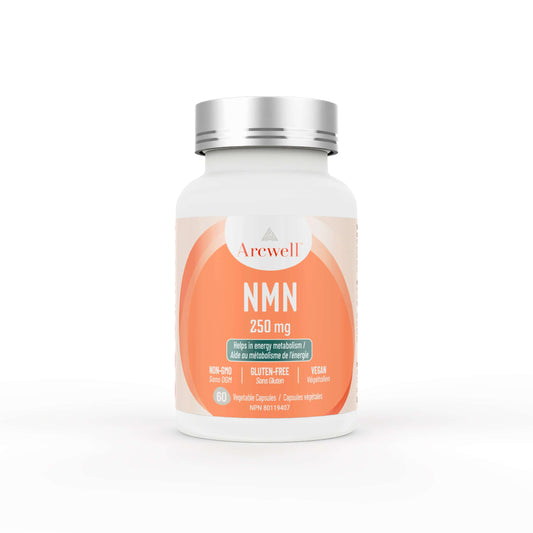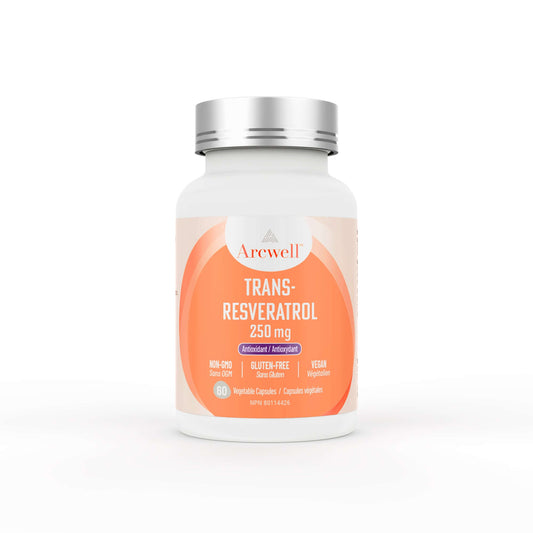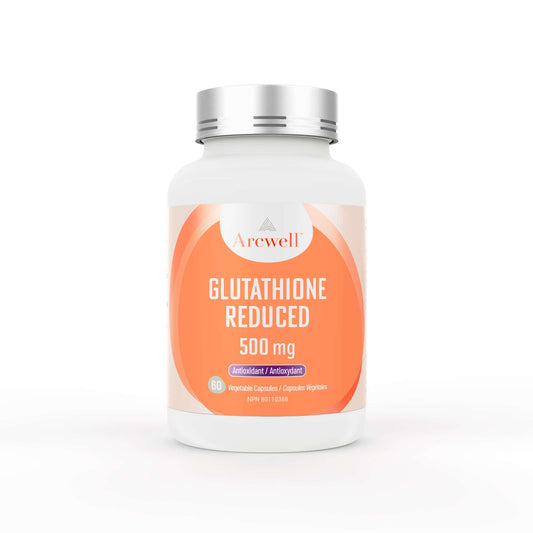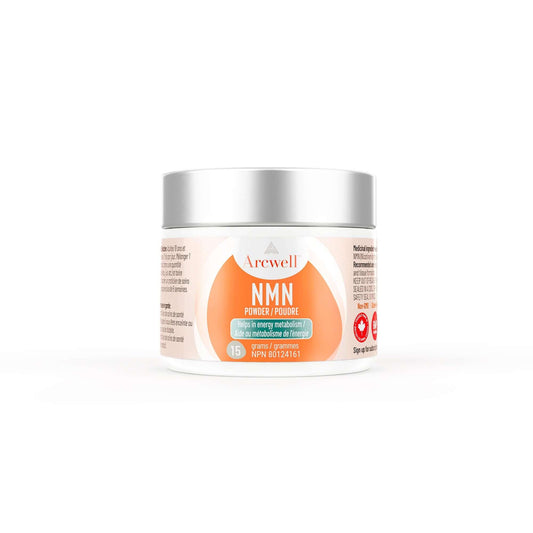L-Glutathione, as the mother of all the antioxidants, plays a critical role in our body. As we age, the levels of glutathione declines! So what is L-glutathione and how can it help maintain your health and reduce oxidative stress?
We’ve all heard about how antioxidants are important to help our cells fight against free radicals. Oxidation is an important process in many biological reactions. Keeping it in balance is an essential requisite for any living organism. For instance, Cellular respiration is an oxidative process where an electron donor is oxidized and oxygen is reduced to produce carbon dioxide, water, and energy. When oxidation is out of balance, it can lead to oxidative stress - a phenomenon caused by an imbalanced oxygen reactive species (ROS) in cells and tissues. This oxidative state can lead to damage in cellular structures, such as membranes, lipids, proteins, lipoproteins, and DNAs. Our bodies have the innate ability to fight against oxidative stress, however when the damage happens at a speed faster than the cells can repair, the damage will be irreversible. Studies showed that a whole-food diet packed with vegetables and fruits can greatly detoxify our body and consequently decrease the body’s oxidative stress.
But if you are not a big fan of vegetables or fruits, are there any other ways to fight against oxidative stress? The answer is yes. One method is to take antioxidant supplements, and the most important one is called L-glutathione.
What is Glutathione & its functions:
L-Glutathione is a tripeptide composed of glutamate, cysteine, and glycine. It is an antioxidant molecule present in most living organisms. It plays a key role in fighting against oxidative stress in your body. It is also involved in several biological functions such as:
- Neutralizing free radicals
- Acting as a cofactor for several antioxidant enzymes
- Regenerating vitamins C and E
- Involved in bioreactions in kidney and liver such as (a) Neutralization of free radicals produced by Phase I liver metabolism of chemical toxins; (b)One of approximately 7 liver Phase II reactions, which conjugate the activated intermediates produced by Phase I to make them water-soluble for excretion by the kidneys.
- Transporting mercury out of cells and brain
- Regulating proliferation and apoptosis
- Playing a vital role in mitochondrial function and maintenance of mitochondrial DNA (mtDNA)
As mentioned by Dr. Joseph Pizzorno in the journal of “Integrative Medicine '', Glutathione was found in a high concentration of 5 millimolar in most cells in our body. This is the same concentration in cells for glucose, potassium, and cholesterol which are essential molecules required for our body to properly function. Considering the high level of metabolic activity required to produce glutathione, such a high level underlines its importance. Many studies also indicated the correlation of high glutathione level with health and longevity.
As you age, the levels of glutathione tend to decline regardless of your diet. In order to maintain the glutathione reserves and help to fight against oxidative stress in your body, you can take glutathione supplement directly, OR take N-acetylcysteine (NAC) which will convert to glutathione indirectly. And don’t forget, check with your health care provider before taking the supplements.





